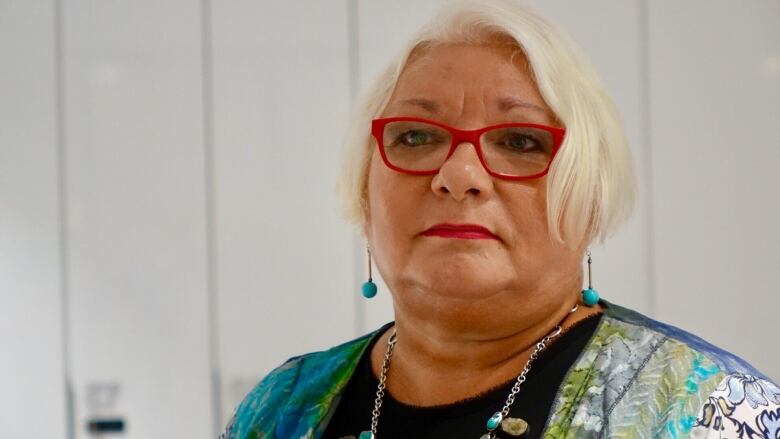Opioids harming older patients at 'alarming' rate, study shows
Patients over 50 prescribed powerful painkillers more often, but suffer more serious side effects

Older patients prescribed opioids to deal with age-related health issues are suffering serious side effects exacerbated bythe very illnesses their doctors are setting out to treat, a paradox Canada's health-care system must deal with before it gets worse, an Ontario advocacy group says.
The Toronto-based National Initiative for the Care of the Elderly released a report on opioid use by older Canadians Wednesday.
Data used by researchers to compile the report sometimes categorizestheir subjects as patientsover age 50, and at other times as patients over 65.
According to the report, olderadults experience higher rates of chronic pain and disease than the general population, and are therefore routinely prescribed opioids to deal with conditions such as arthritis andcancer.
While researchers criticized thegeneral lack of available data dealing with theeffects of opioidson older patients, or withrates of abuse of the powerful painkillers among that age group,they pointed to a 2015/2016 study carried out in B.C., Manitoba and Saskatchewan that found 20 per cent ofpatientsover65had been prescribed opioids, versus 12.5 per cent of the general population.
The report also cites research showing older adults are at a higher risk of side effects than younger peoplebecause their bodies don't process the drugs as efficiently.
Mixing medications
According to the report's co-investigator, ChristopherKlinger, research showspeople over 65 have a higher rate of hospitalizationdue toopioidpoisoning than any other age group.
"That's really alarming to us," Klinger said.
In some casesseniors are hospitalized because they'vemixedmedications prescribed by different specialists.
"Some of [the drugs] do not interact nicely together," he said. "If it's not checked they end up in hospital."

Fentanyl pads
Seniors sometimesoverdose at home when they apply new fentanyl patches without taking the old ones off.
"There's still a little residual in thefentanylpatch," said Marilyn White-Campbell, a geriatric addiction consultant withthe Canadian Coalition for Seniors' Mental Health."There's overdose situations there, some fatal."
In other cases, seniors have been known to apply heating pads to their backs over a fentanyl patch, inadvertently speeding the release of the drug into the body and risking overdose.
The study found most overdoses were accidental, but found"an alarming amount" were intentional. More than 30 per cent of cases involved patients mostly men attempting to take their own lives.

Recommendations
The National Initiative for the Care of the Elderly is urginghealth-care professionals to gear treatment to the specificneeds of older people.
It recommends better research to improve pain management, and a comprehensive study of the effects of longer-term opioid treatment on older people.
The report calls for better staff training and improveddata-sharing between different jurisdictions to figure out whichkinds of opioidprescription strategies are working, and which aren't.
A national opioid strategy that specifically addressesthe needs of older people would also help, researchers said.












_(720p).jpg)


 OFFICIAL HD MUSIC VIDEO.jpg)
.jpg)



























































































